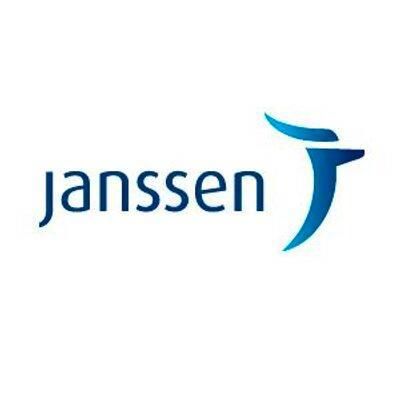Investigators Tout Promising Data on Ustekinumab, Combination Therapy for Ulcerative Colitis
In total, 64.9% of patients who achieved clinical response with ustekinumab during induction were in symptomatic remission after 44 weeks.

New data continues a positive trend for ustekinumab (Stelara), guselkumab and golimumab as potential treatments for patients with ulcerative colitis.
Janssen Pharmaceuticals announced the new data from the Stelara Phase III UNIFI trial and an ongoing analysis from the phase 2a VEGA study.
UNIFI Study
In the long-term extension of the phase 3 UNIFI study, ustekinumab resulted in efficacy and safety through 4 years of treatment in adult patients with moderately to severely active ulcerative colitis.
In total, 64.9% of patients who achieved clinical response with ustekinumab during induction were in symptomatic remission after 44 weeks.
After 4 years, this number dropped to 55.2%, but 96.2% of patients were not on corticosteroids.
In addition, 79.1% of patients treated with ustekinumab who received corticosteroids at maintenance baseline discontinued corticosteroid use by week 200.
The data was presented at the United European Gastroenterology (UEG) Week 2022 congress in Vienna.
Ustekinumab is a human interleukin (IL)-12 and IL-23 antagonist currently approved in the US for patients aged 6 years and older with moderate to severe plaque psoriasis who are eligible for phototherapy or systemic therapy, patients with active psoriatic arthritis aged 6 years and older, adult patients with moderately to severely active Crohn’s disease, and adults with moderately to severely active ulcerative colitis.
VEGA Trial
In the VEGA trial, which was also presented at UEG, the investigators found patients with moderately to severely active ulcerative colitis who received 12 weeks of combination induction therapy with guselkumab and golimumab had a clinical remission rate at week 38 of 47.9%, higher than induction and maintenance treatment with guselkumab alone (31%) or golimumab alone (20.8%).
Guselkumab is an IL-23p19 subunit antagonist, while golimumab is a tumor necrosis factor-alpha antagonist.
For safety, adverse events were similar across cohorts of patients treated with the combination therapy or patients treated with either medication alone.
In the study, 47.9% of patients treated with the combination therapy continued with guselkumab, 31.0% of which hit clinical remission at week 37 compared to 20.8% of patients who were treated with golimumab alone.